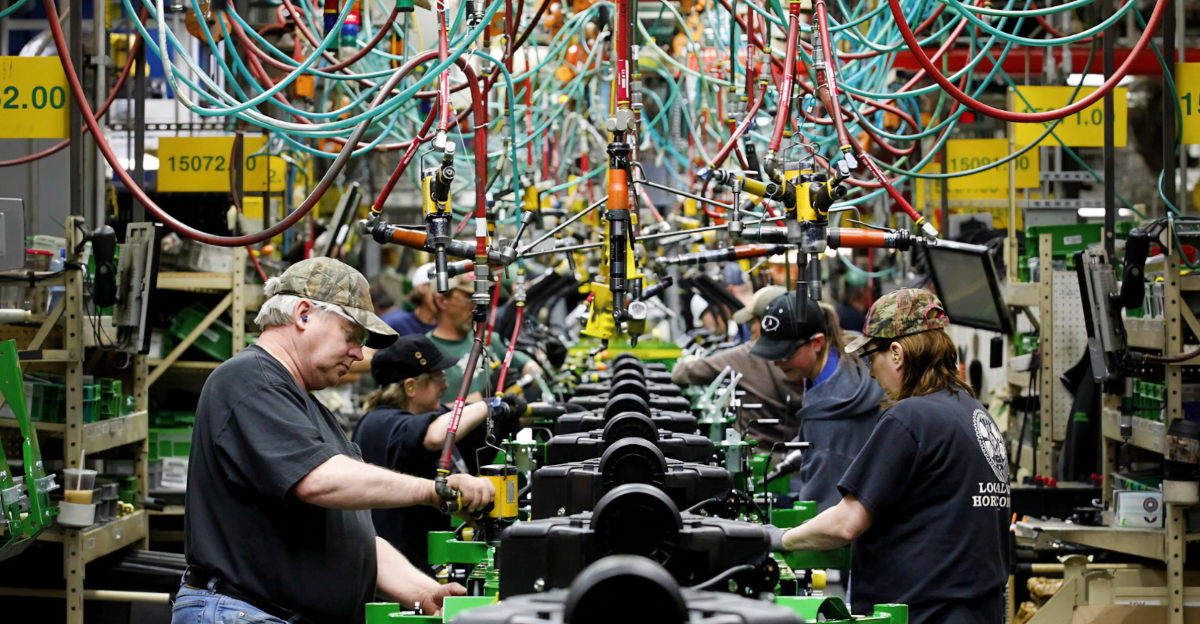
One of America’s great farm equipment suppliers, John Deere, is making a radical move that some may think is “un-American.” The company has had an impact on American agriculture for nearly two hundred years, with families loyally using the brand for generations.
However, despite cementing itself as one of the biggest agricultural equipment giants in America, John Deere is looking towards the horizon and, in the process of innovation, is casting down at least a little bit of tradition. This will have an impact not only on the company but also on American Jobs.
Closing Down Production Sites
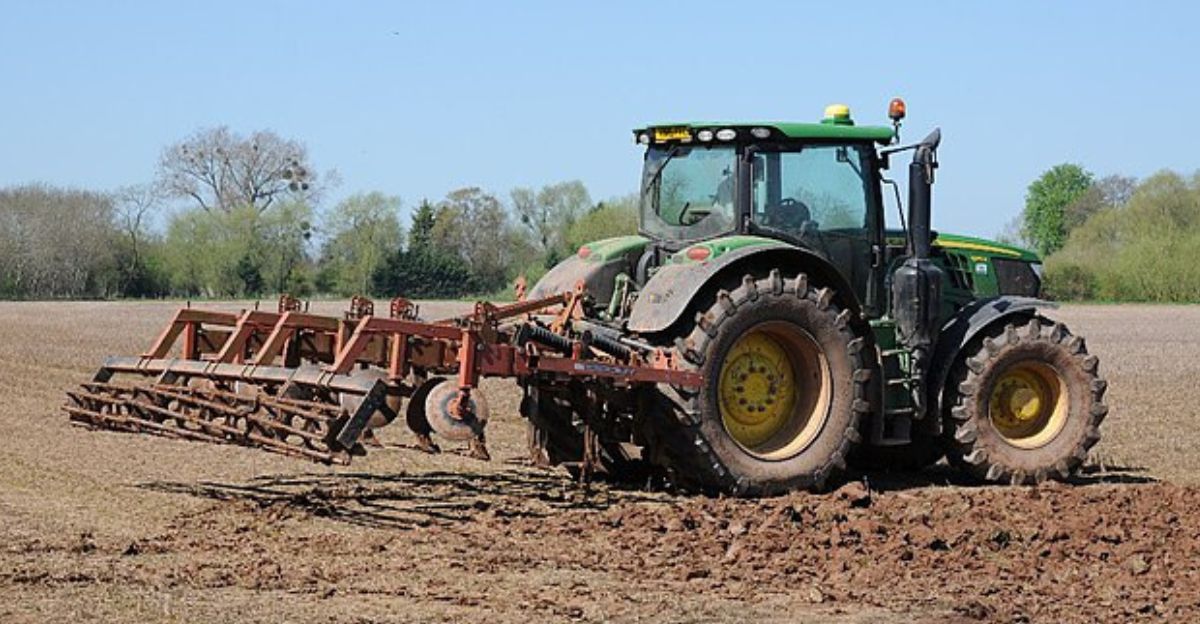
Over the years, John Deere’s production in America has moved through different borders, with factories building a host of different vehicles and equipment to suit different niches across the country.
Iowa and Illinois sites have helped produce anything from tractors to backhoes and large-frame loaders. But now they are closing, which only means trouble for local employees.
Letting Go Of Employees
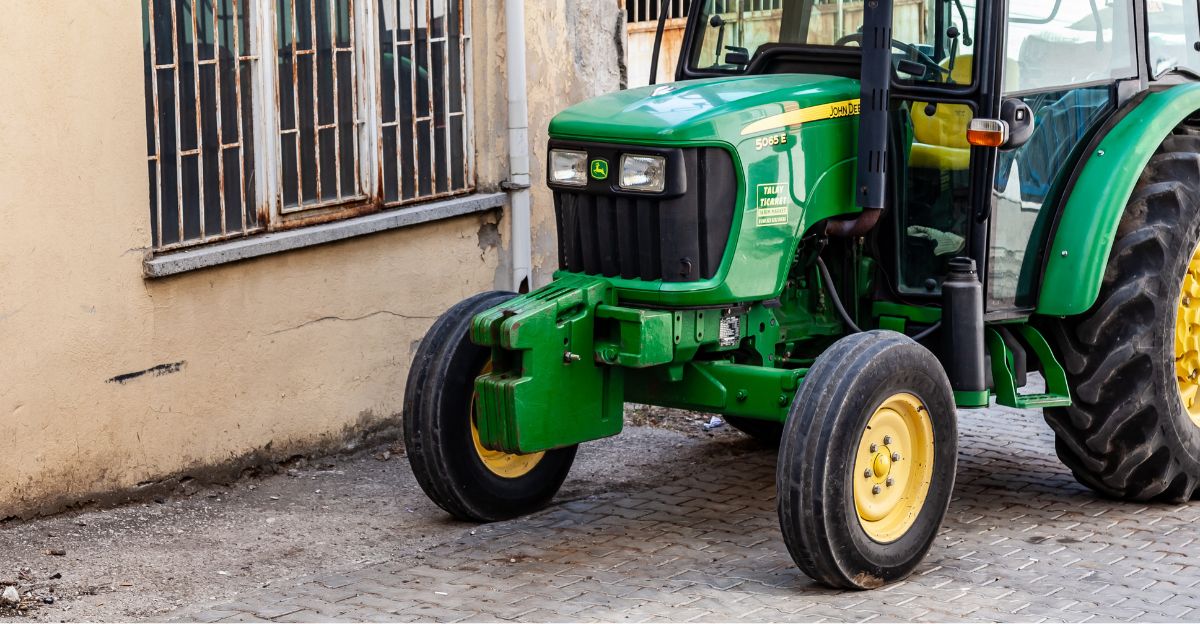
The company has let go of thousands of employees over the last ten years, and this newest factory closure could mean a new wave of layoffs is imminent.
Production for one factory is not only closing but moving to a bold new place that’s caused criticism from both the public and even from a president.
A Popular Company
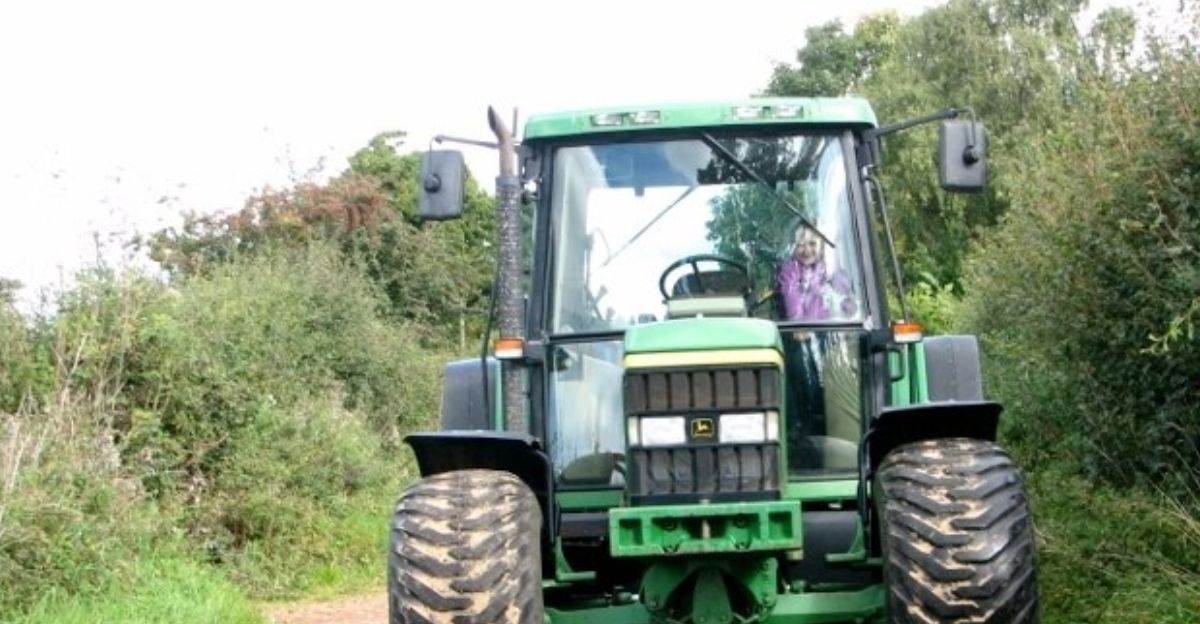
John Deere is a well-renowned brand known for being American and having roots in pivotal American agriculture that made this country what it is today. Over the last 100 or so years, the company has been supplying reliable equipment to American farmers, doing their part to boost the economy.
Over the decades, John Deere has expanded across the United States, and is cemented as a true “American-made” company. The brand is so popular that John Deere has its own online store where loyal consumers can buy not only important parts for equipment but also branded merchandise, such as apparel and hats.
Pride In Tradition

John Deere has even moved beyond the scope of agriculture and has made a range of different vehicles and equipment, such as those used in construction.
There was a sense of pride and tradition surrounding the brand, and employees worked tirelessly, knowing that they were contributing to this. But now it seems that the company is making changes that are alarming to many.
Needing To Adapt
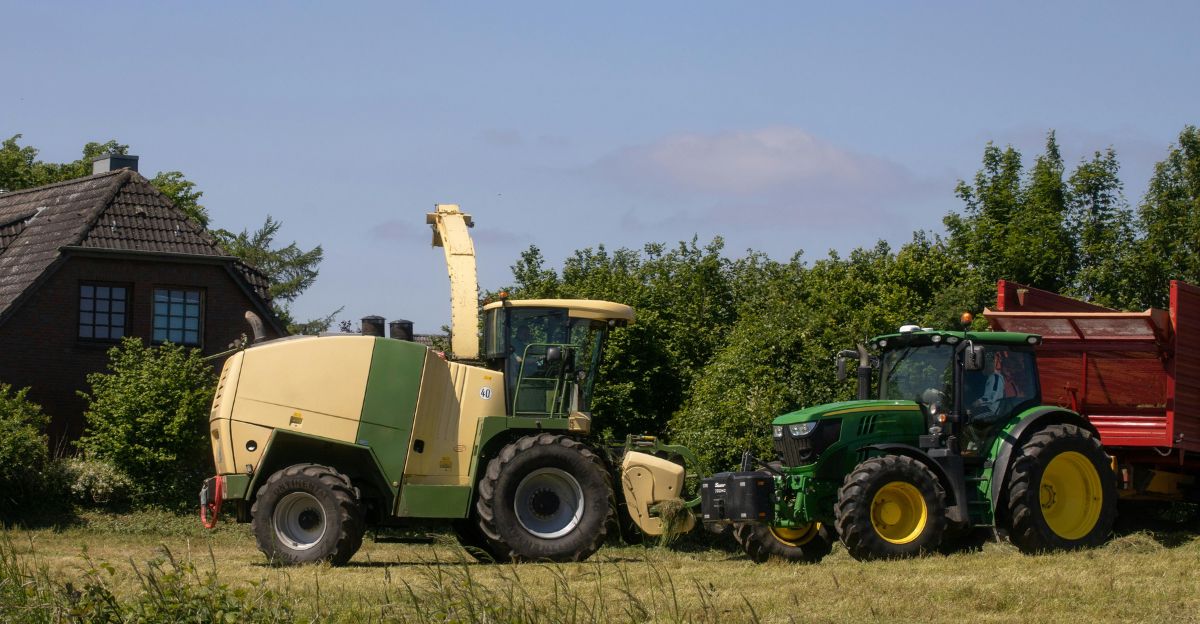
In the current economic landscape, it’s not just John Deere that’s looking to quickly adapt; it’s a broader trend among many businesses. John Deere could be moving production and shutting down factories to think on its feet when facing a shrinking market and competition.
Another factor affecting production costs is materials prices like steel and aluminum, which have become increasingly more expensive for the company to import due to tariffs.
A Transition
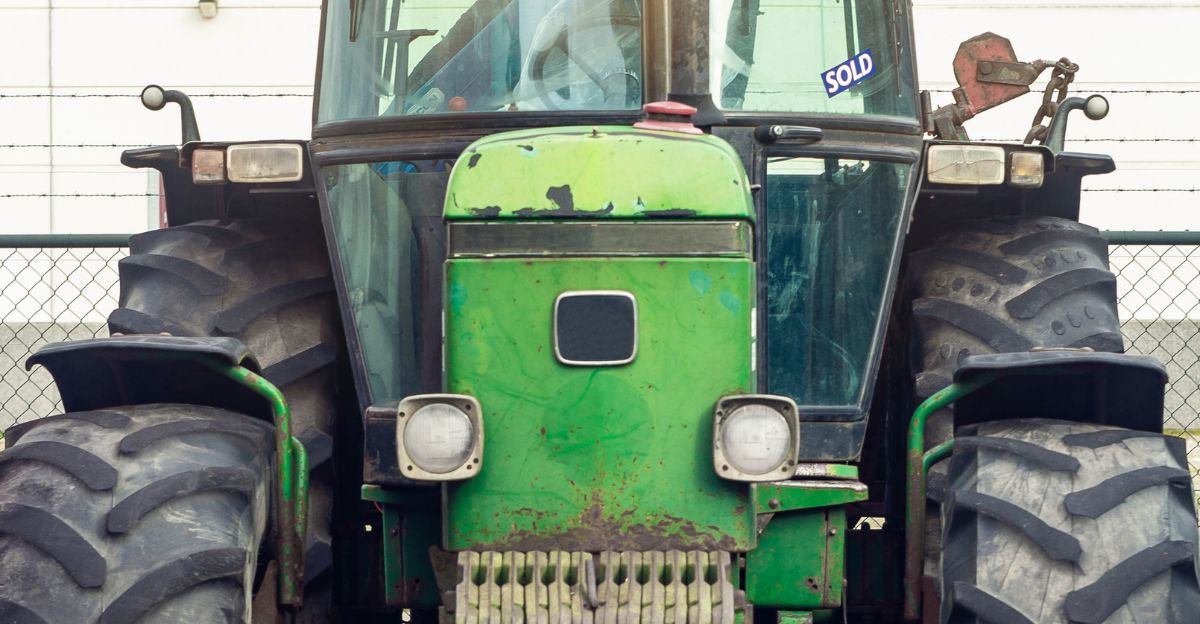
Competitors from other countries are moving up in the world, undercutting the company’s profits and pulling consumers away.
This means the company has considered a transition that will raise profit margins and allow for continued production, even if the origins of some products no longer come from America.
Heading Across The Border
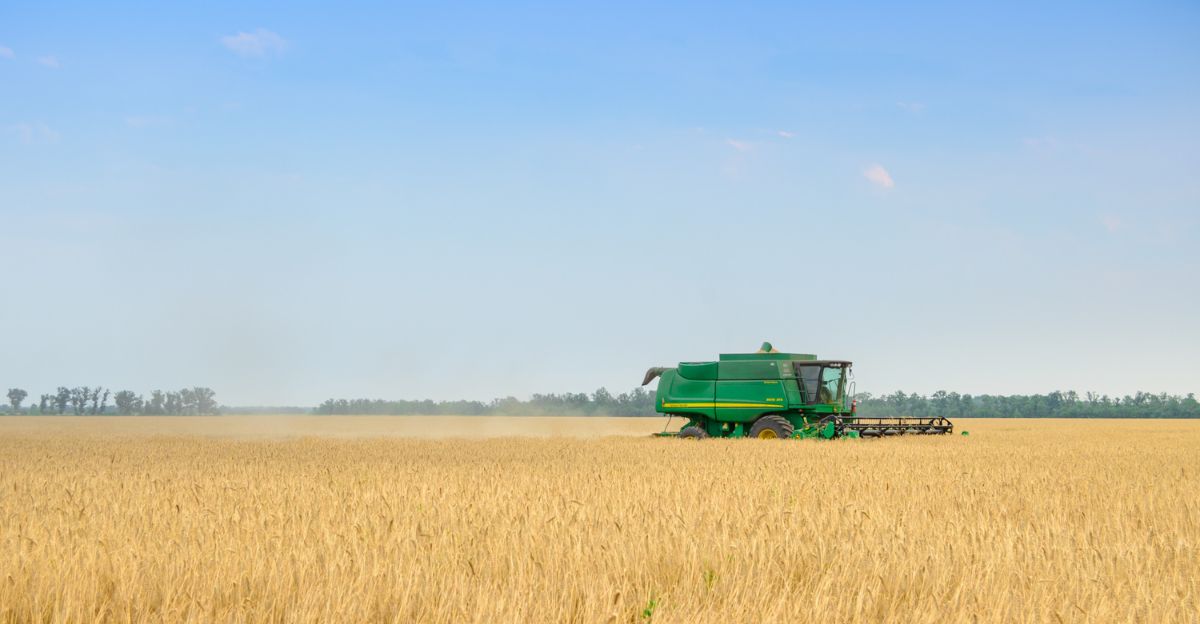
John Deere has not only been shutting down or freezing important factories responsible for thousands of local jobs, but they’ve also made a bid to pay less by opening up a new production site in Ramos, Mexico, costing them $55 million.
This new site will replace the Dubuque Works facility in Iowa. This factory is important for Americans, producing medium-sized equipment like frame skid steer loaders and compact truck loaders. Employees at the Iowa factory face layoffs while employees in a foreign country reap the benefits.
Only One Factory For Now
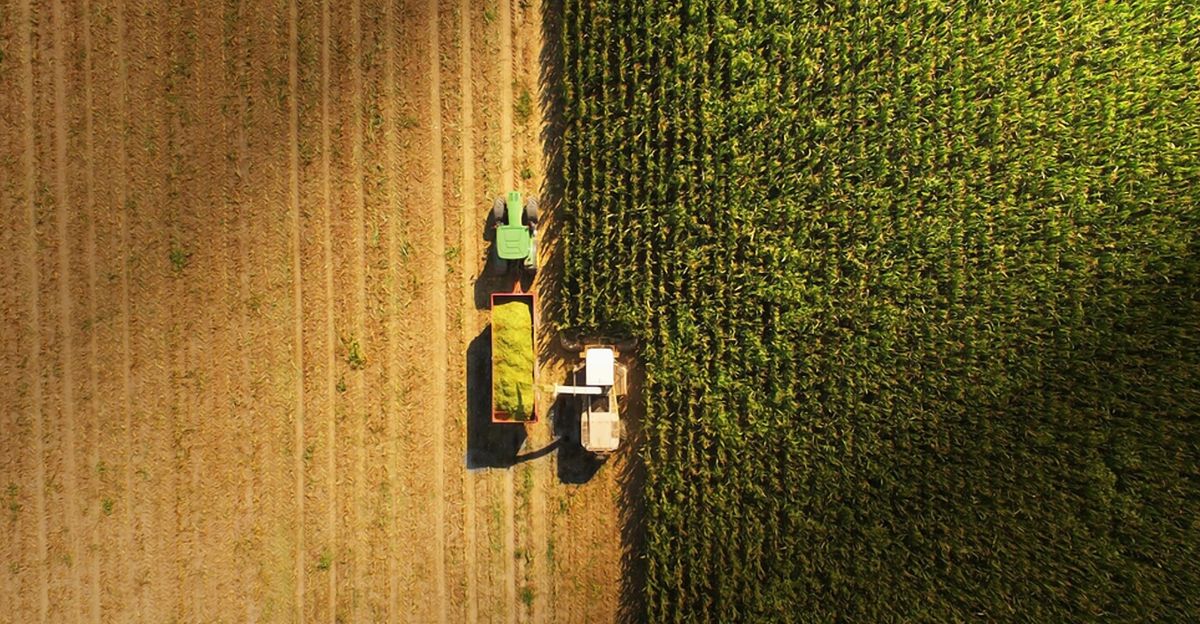
While this unprecedented production shift from American soil to Mexico is not the first time John Deere has opened factories in foreign countries, it is the first time a factory is being closed down for it, directly impacting Americans.
John Deere’s products have had an appeal on the global market for decades, with the company even hosting “Deere Day” in 1960, showcasing its equipment to the world. The company has a significant foothold in multiple countries, but these foreign markets are normally isolated from the American ones.
Selling Back To America
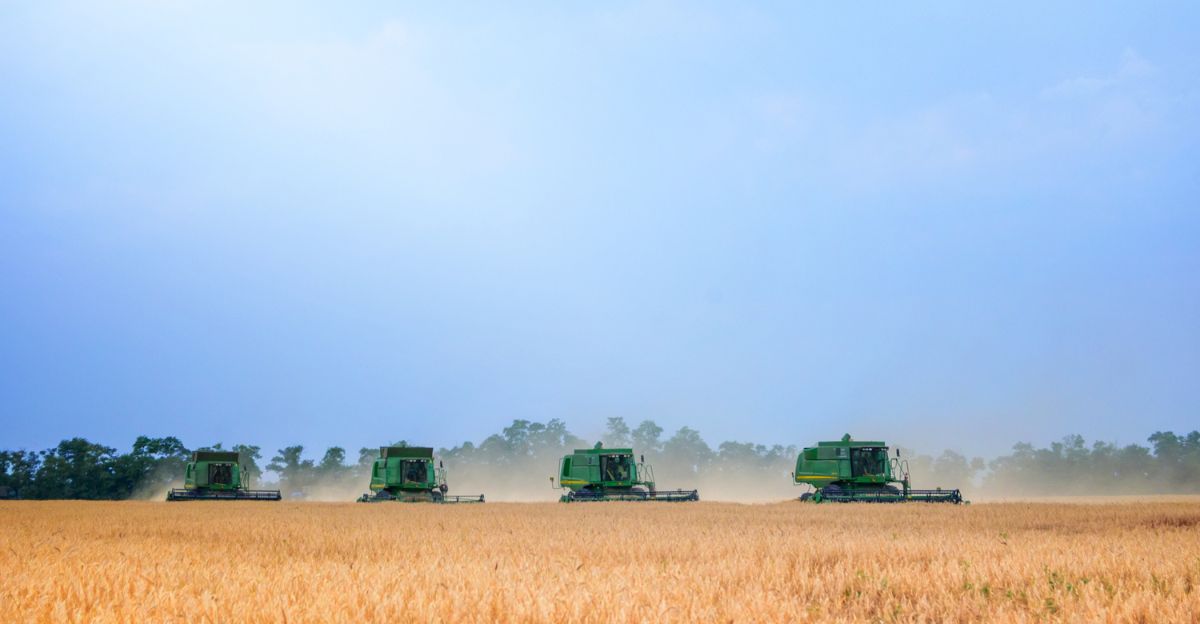
What makes the shift seem somewhat of a betrayal is that the equipment produced at the factory, once finished, could be sold to the American market, meaning that for the first time, Americans would be buying John Deere branded equipment that isn’t produced in local factories.
The Iowa factory is responsible for many jobs, and families in nearby towns may suffer the most. The reason behind this shift is to leverage a cheaper labor market that Mexico offers. Although this is the only factory to be moved, the future is uncertain.
Jobs On The Line
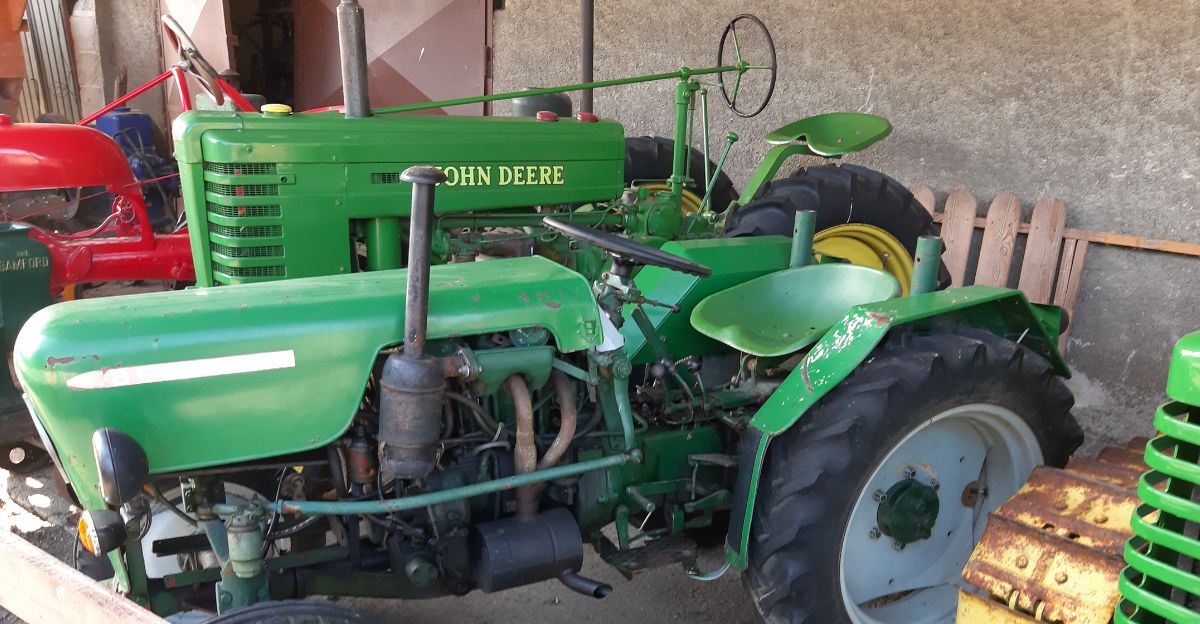
Countless jobs are on the line, and employees have been laid off in other key locations, including Waterloo and Ottumwa. As John Deere pivots in an ever-changing market, more layoffs may come in the future.
This chop and change shows a lack of integrity when it comes to tradition, as many towns have been bolstered by factories that have stood for countless decades, generating local jobs and improving the foothold the region had in the economy.
How The Pivot Could Turn Off Consumers
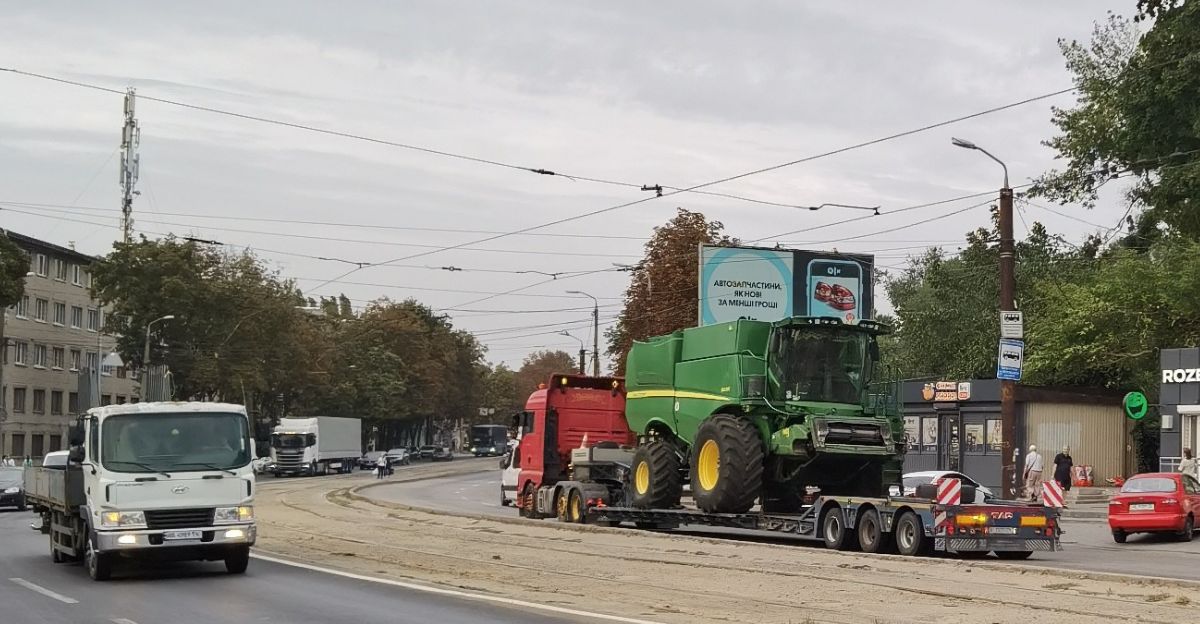
While the pivot is in the interest of staying profitable and competitive, it could backfire as consumers in America could be turned off of its products.
Many towns where John Deere has a foothold have supported the brand wholeheartedly and could feel uneasy about this radical shift. It could turn personal as many local families depend on jobs supplied by the company.
Brand Image At Stake
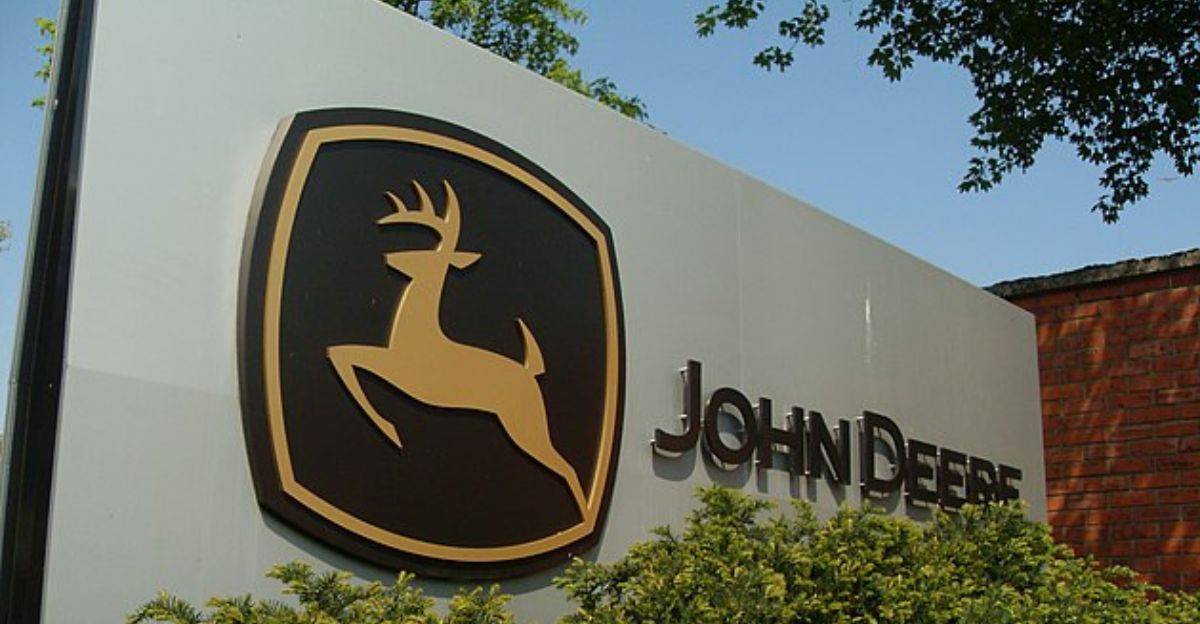
Many of these consumers who are not happy with its recent decision could turn away from the brand, which could pull endorsements and have an impact on the overall “culture” that John Deere has cultivated over the years.
Demand in merchandising could go down as fewer fashion items like hats or shirts with an unmistakable brand image are bought.
More Than Just Direct Jobs On The Line

Meanwhile, thousands of direct employees of John Deere are being displaced; there are other far-reaching consequences. Many other jobs are only available because of John Deere’s supply chains.
This means that local transporters, distributors, and dealers could all face retrenchment when local factories close down.
Gaining Notoriety
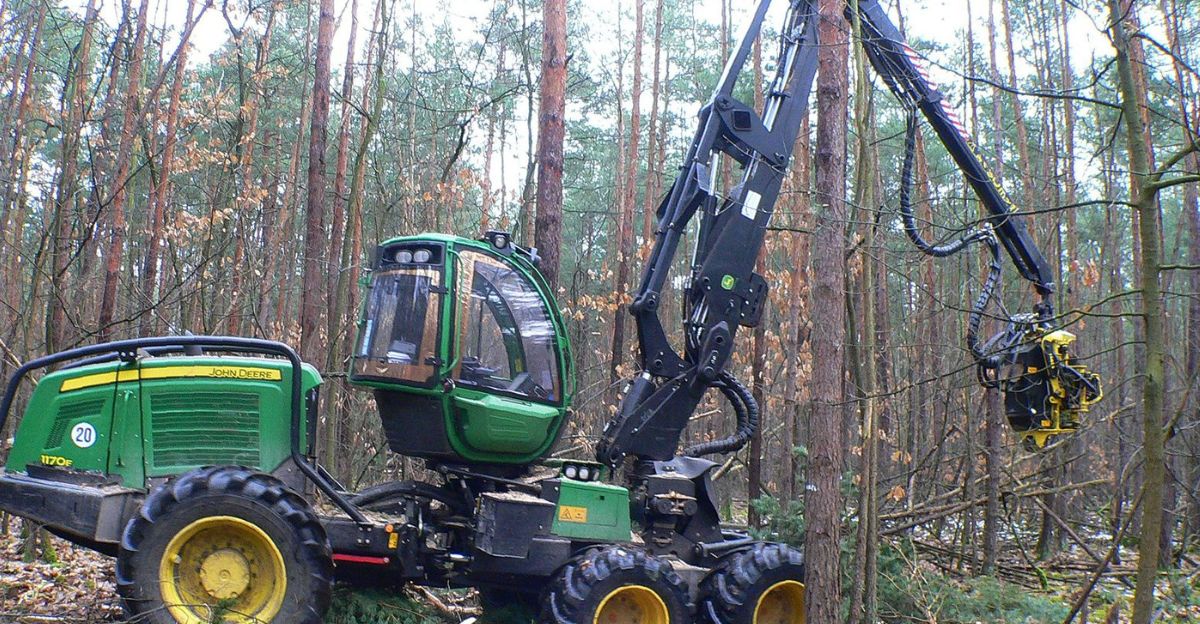
The shutdowns and the production shift across the border have garnered a fair bit of attention from both American citizens and more powerful figures.
Current President Donald Trump cautioned the company that moving over production to Mexico could lead to retaliation from the government. Trump has a history of terrifying imports from foreign countries in an effort to keep America independent.
Tariffs Loom
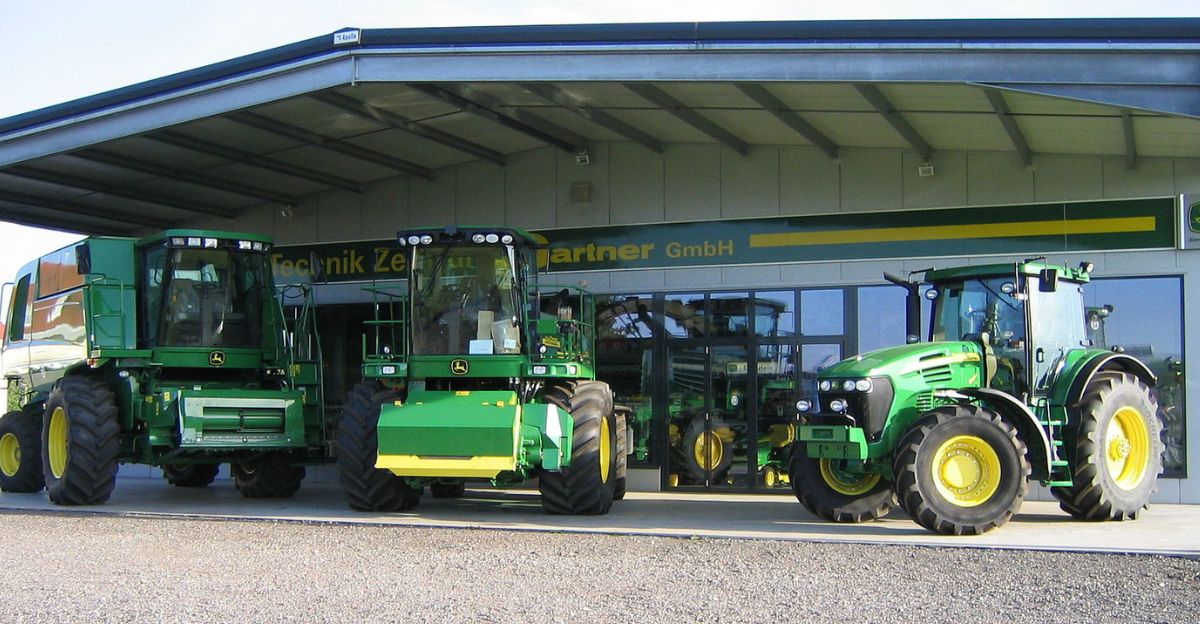
Trump has said that up to a 200% tariff could be placed on any Mexico-produced equipment imported from the new factory. This would only serve to hurt American consumers the most.
The company has replied to the rumors of moving away from America and blamed its decision on trade policies and labor markets. John Deere has shown its cards on the table and is shifting the blame.
Complex Economic Factors
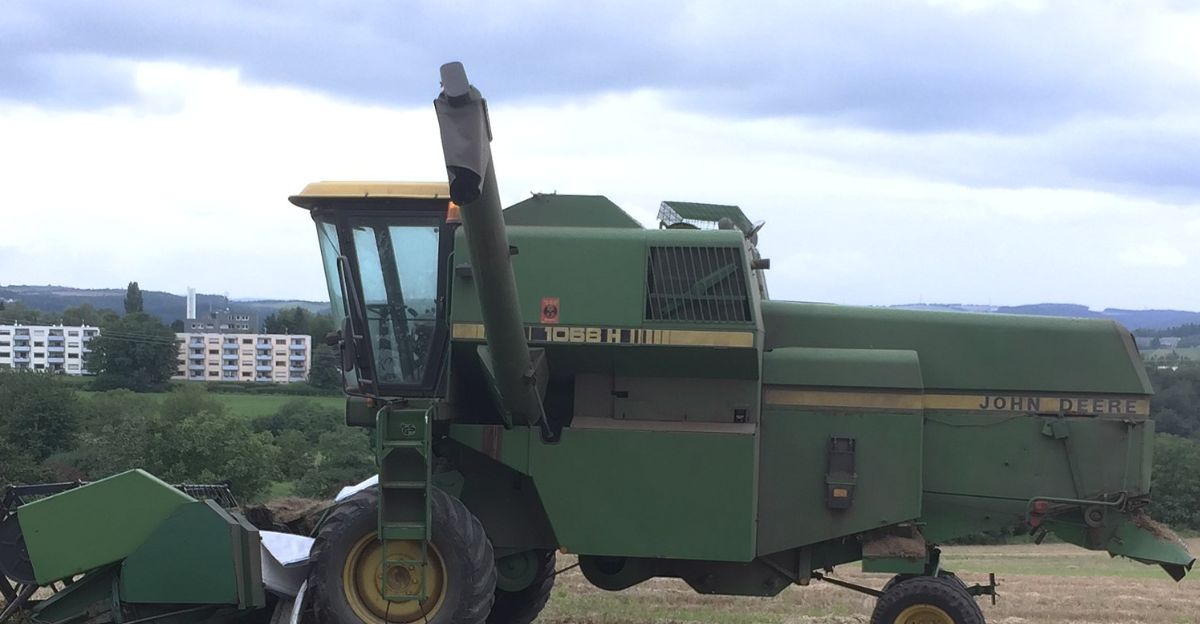
As many look at the company’s decision from the outside, they aren’t aware of the complex economic factors at play. The business needs to stay competitive and has cited that manufacturing in the U.S. have become increasingly unaffordable with recent tariffs on imported materials.
It’s a climate where many companies have to reconsider their options and make the best short-term decision to keep their edge. However, this could only serve to creat long-term friction with both consumers and the government.
A Thriving Market Down South
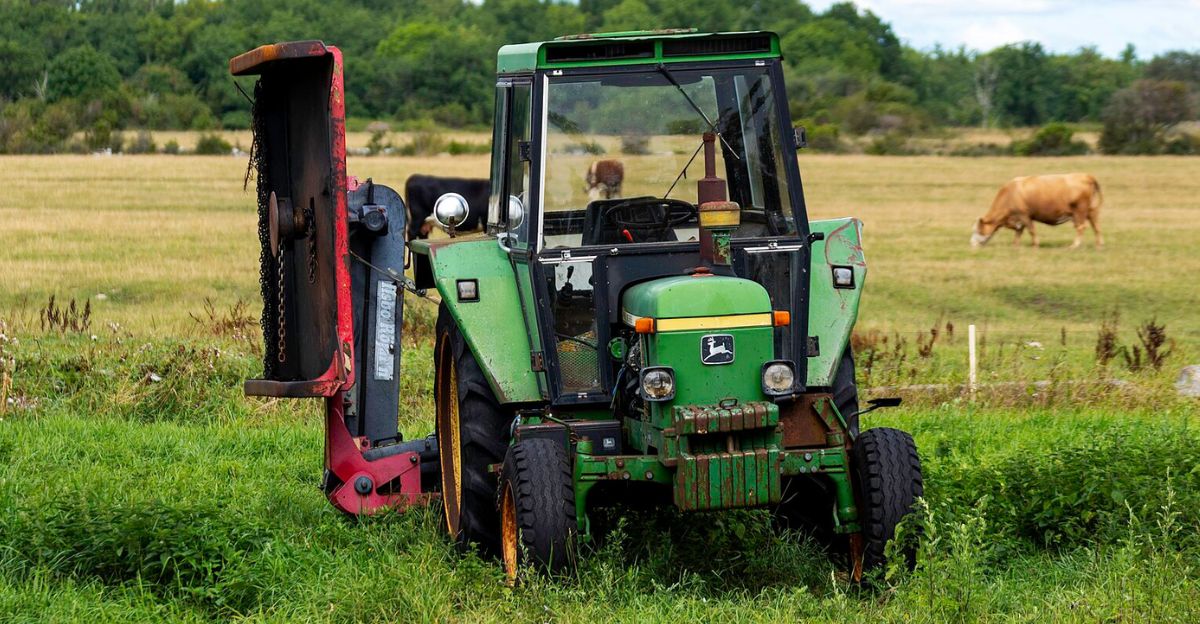
Demand for the brand has also shifted as competitors rise up and undercut their revenue. John Deere has looked at the data and knows that there’s a thriving market in Latin America.
This, coupled with cheaper labor markets, seems like a no-brainer, even if it is giving up tradition in the process.
Looking Ahead
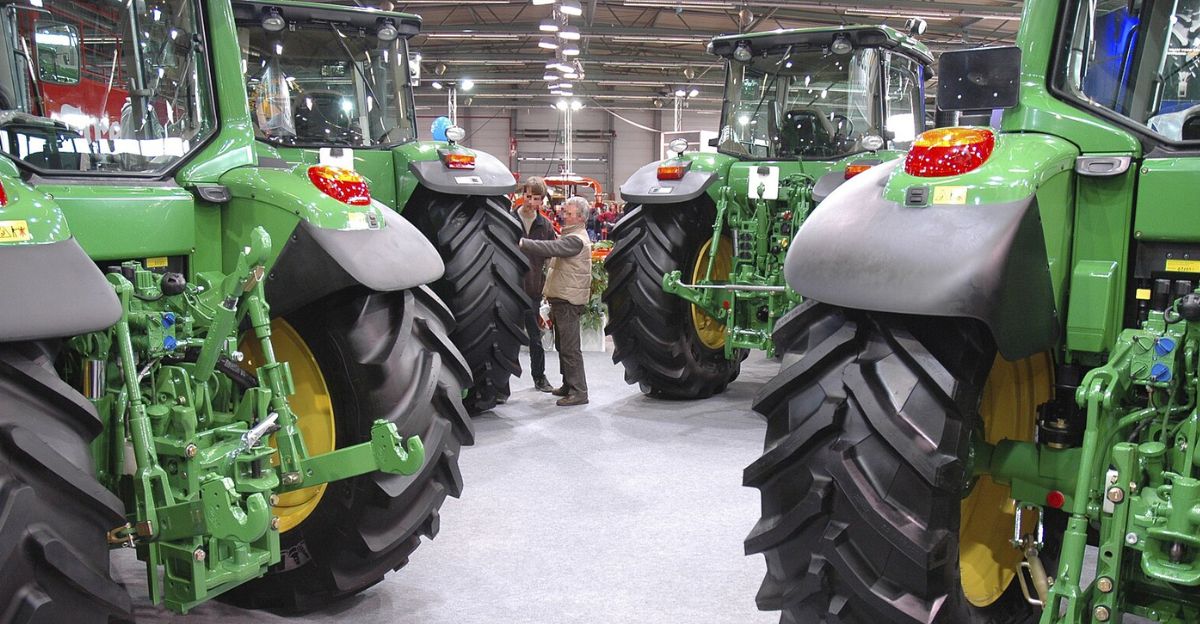
John Deere, like many other American companies, gained its reputation through grit, resilience, and integrity. However, in the 21st century, the odds are against them as it is forced to absorb costs as the cost of production goes up.
The company has decided to look ahead at what it can leverage from a new avenue rather than staying behind with tradition and stagnating.
The Future
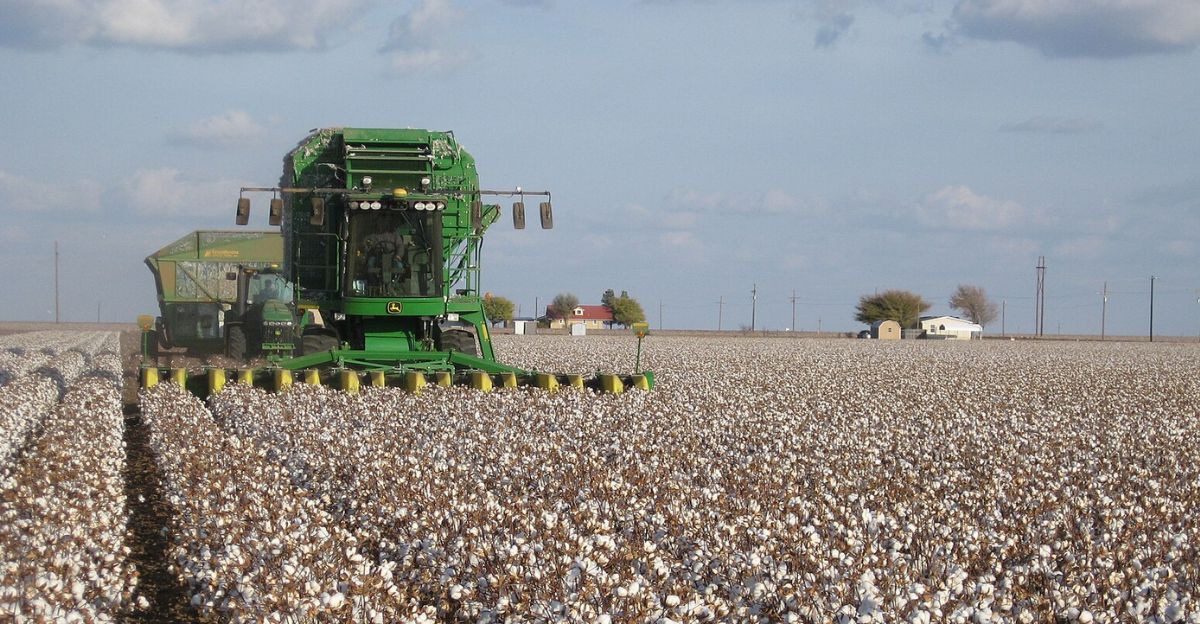
Long-term tensions could rise when the factory is completed and starts production in 2026. Creating a new line of familiar equipment that doesn’t have the same origins.
Iconic green and yellow John Deere-branded equipment will continue to be put into the hands of Americans, but in the future, they may come from a different country.
Discover more DIY hacks and style inspo- Follow us to keep the glow-up coming to your feed!

Love content like this? Tap Follow at the top of the page to stay in the loop with the latest beauty trends, DIY tips, and style inspo. Don’t forget to share your thoughts in the comments — we love hearing from you!